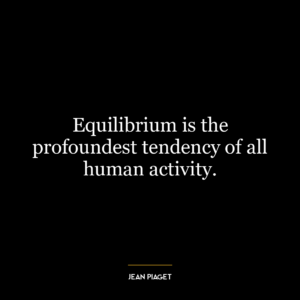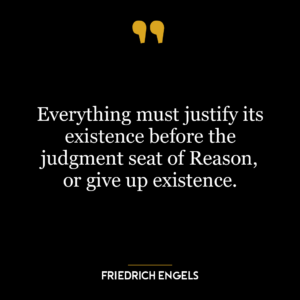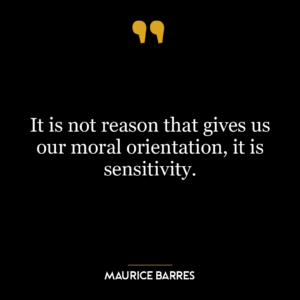The quote “Initial response illustrates a great deal about someone’s personal philosophy” suggests that the way an individual initially reacts or responds to a situation can provide significant insight into their personal beliefs, values, and worldview. This initial response is often instinctive and spontaneous, unfiltered by conscious thought, thus providing a raw, authentic glimpse into a person’s inner philosophy.
The quote implies that our reactions are not just random or thoughtless actions, but rather reflections of our deeply held beliefs and values. For example, if someone’s initial response to a challenging situation is to immediately look for solutions, it may suggest that their personal philosophy is one of resilience, optimism, and a belief in their own abilities. Conversely, if someone’s initial response to the same situation is to panic or give up, it may indicate a philosophy of pessimism, fear, or self-doubt.
This idea is highly relevant in today’s world, particularly in the fields of psychology and personal development. It suggests that by observing and understanding our initial responses, we can gain insight into our personal philosophies, and if necessary, work on changing them.
For instance, if someone realizes that their initial responses tend to be negative, they might choose to engage in personal development practices to cultivate a more positive outlook. This could involve cognitive-behavioral techniques to challenge and change negative thought patterns, mindfulness practices to promote a more present, non-judgmental awareness, or even just surrounding themselves with more positive influences.
In the realm of leadership and management, understanding this concept can also be valuable. Leaders can use this insight to better understand their team members’ behaviors and motivations, which can lead to more effective communication, conflict resolution, and team dynamics.
Overall, this quote highlights the importance of self-awareness and introspection in personal growth and development. It encourages us to pay attention to our initial responses, as they can serve as valuable indicators of our underlying beliefs and attitudes.













